
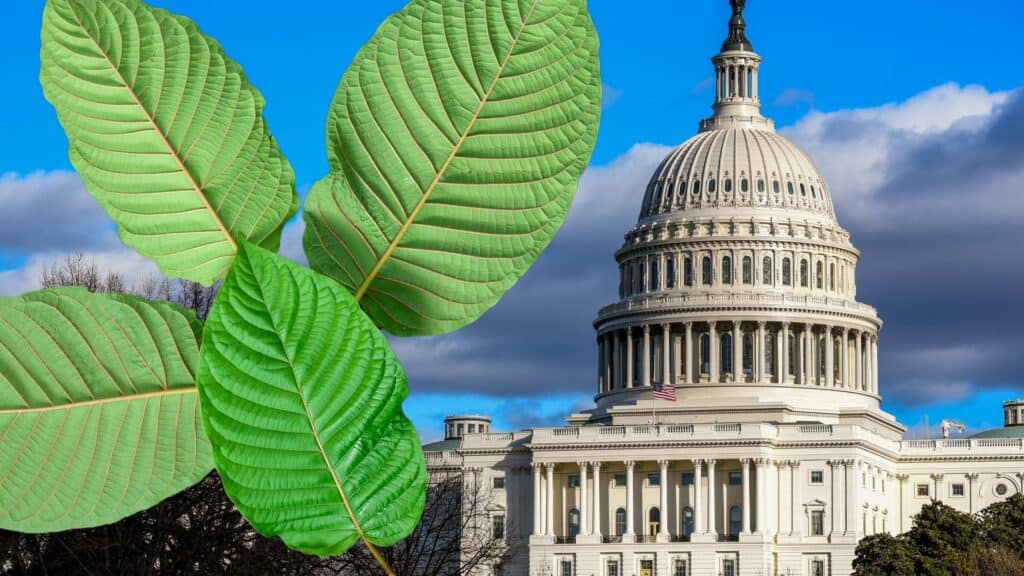
A fight that has played out for nearly a decade in a state-by-state patchwork of laws finally looks headed for ‘its day’ at the U.S. Capitol.
For the second straight Congressional session, a group of bipartisan lawmakers reintroduced a Federal Kratom Consumer Protection Act with matching bills in the two houses. After declaring their intentions with a bill filed late last year, the group of kratom advocates in Congress is back to try and finish the job and codify kratom rules and regulations on a federal scale.
Sen. Mike Lee (R-UT) filed S.3039 earlier this month alongside H.R. 5905, the companion legislation introduced by Reps. Mark Pocan (D-WI) and Jack Bergman (R-MI). Sen. Corey Booker (D-NJ) is expected to sign on to the Senate version as a co-sponsor when the body reconvenes following the funeral of late Sen. Diane Feinstein.
As advocates continue to fight for market regulations and a safety net for consumers at the state level, the federal version of the law with the same name handles more of the big-picture issues in the kratom discussion.
For starters, the federal KCPA would limit the ability of the Food and Drug Administration to issue new import alerts and target the supply of kratom without valid reasoning. In the past, certain contaminants have led to import alerts, which the FDA then uses to broadly limit kratom entering the country. This law would work to fix that.
The proposed law would also require the FDA to regulate kratom as a food product and would still leave the door open for more formal classifications as a new dietary ingredient or as part of a new drug application, should research support such developments.
Does the FDA regulate kratom? >>> Read more in our informative blog!
It would also require public comment periods for specific government actions and more transparency around government-funded studies and research. The proposed legislation would also require the formation of a task force within the Department of Health and Human Services to directly interface with the public to share available information and developments in the science surrounding kratom.
Although passing this bill at the federal level is only a part of establishing safe, regulated kratom markets in America, the implications of the proposed law are why those behind it have labeled it “landmark legislation.”
“This is the start of a very important initiative for the American Kratom Association and every consumer advocate in the United States,” said Mac Haddow, a senior fellow with the AKA.
Despite the best efforts of the FDA, the federal government has twice rejected the idea of scheduling kratom, and in such spectacular fashion that the debate seemingly died with the last attempt. Jim Carroll, a former drug czar in the Trump Administration, has now appeared in multiple states to speak in favor of similar KCPAs and tells the same story about the most recent attempt to schedule kratom at the federal level.
In his recollection, he was part of a group of senior administrators who saw such an urgent need to inform their boss about the science around kratom that they chased him down at the airport amidst discussions. Once he had a chance to review the information, Dr. Brett Giroir, the Assistant Secretary for Health, dismissed the FDA’s position and openly criticized the presented evidence.
More recently, the FDA took its case to the United Nations to attempt a different path to scheduling kratom. That UN panel declined to take action for similar reasons. Time and time again, medical authorities have rejected any evidence presented to paint a picture that kratom needs to be a scheduled substance.
At the same time, Utah state Sen. Curt Bramble told a different side to what has been happening around the ‘kratom question’ in the federal government. Utah was the state where the first Kratom Consumer Protection Act became law and is the home state of the sponsor of the federal KCPA in the Senate.
During a recent hearing around a proposed KCPA in Ohio, Bramble spoke of his experience passing the first KCPA in the country. Beyond the specific experience of dealing with similar legislation, Bramble then turned to the tricks and smoke screens that come from kratom’s opponents.
In a hearing for an attempt to overturn Wisconsin’s ban on kratom, Bramble’s interest was piqued when a law enforcement source testified that kratom was present in virtually every arrest for impaired driving.
Bramble used his sources to check those numbers and found they came not from the state toxicology lab, but from sources within the FDA that oppose kratom regulation. When it came time to determine how much of a factor kratom played in impaired driver cases, Bramble was not surprised to find out the truth was far from the picture painted by law enforcement.
“When we got the actual data from the Wisconsin toxicology lab…On an annual basis, there are between 21,000 or 22,000 cases that they analyze,” he said. “Of those cases, they found roughly 30-40 cases where kratom was present. Of those 30-40 cases…Not once was kratom the sole substance present.”
With the proposed federal protections for research transparency and controls put on the FDA, advocates hope they can finally begin to understand the true story of kratom, free from interference and misinformation.
The American Kratom Association has been at the forefront of kratom legislation across the country. Here are a number of ways you can help the AKA and kratom advocacy to help get federal kratom regulation passed:
Through the AKA, you can submit your personal testimony on how kratom has helped you or improved your well-being. Share your kratom comments at https://www.protectkratom.org/take-action.
The AKA is a non-profit kratom advocacy organization and relies on donations to get laws like this passed. Let’s support the AKA like they support kratom consumers! Donate here today.
You can also get involved by volunteering for the American Kratom Protectors program. For more information on how you can join, visit their website.
The AKA hosts various webinars that update kratom consumers on the status of kratom laws. The AKA works directly with Senators, Representatives, legislators and lawyers to get KCPAs passed.
Watch their latest webinar:
For more information on the state-by-state status of kratom, check out our Kratom Legality Map and keep an eye on our latest kratom news section to stay up-to-date with the latest developments of the Federal Kratom Consumer Protection Act.

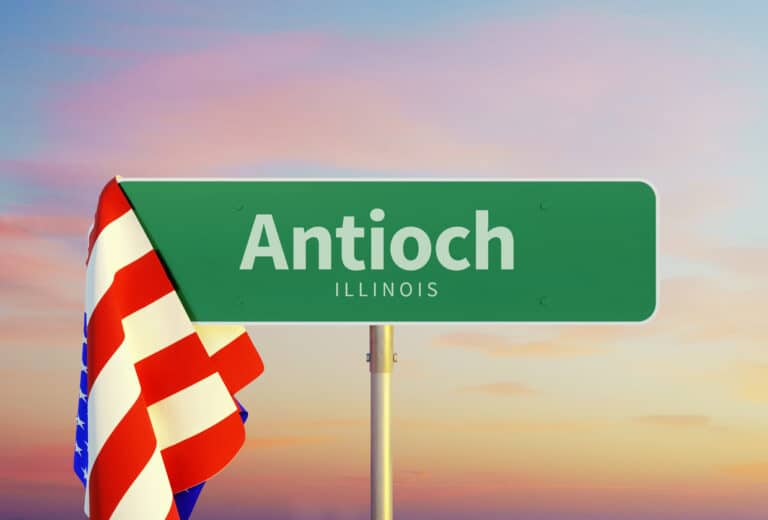




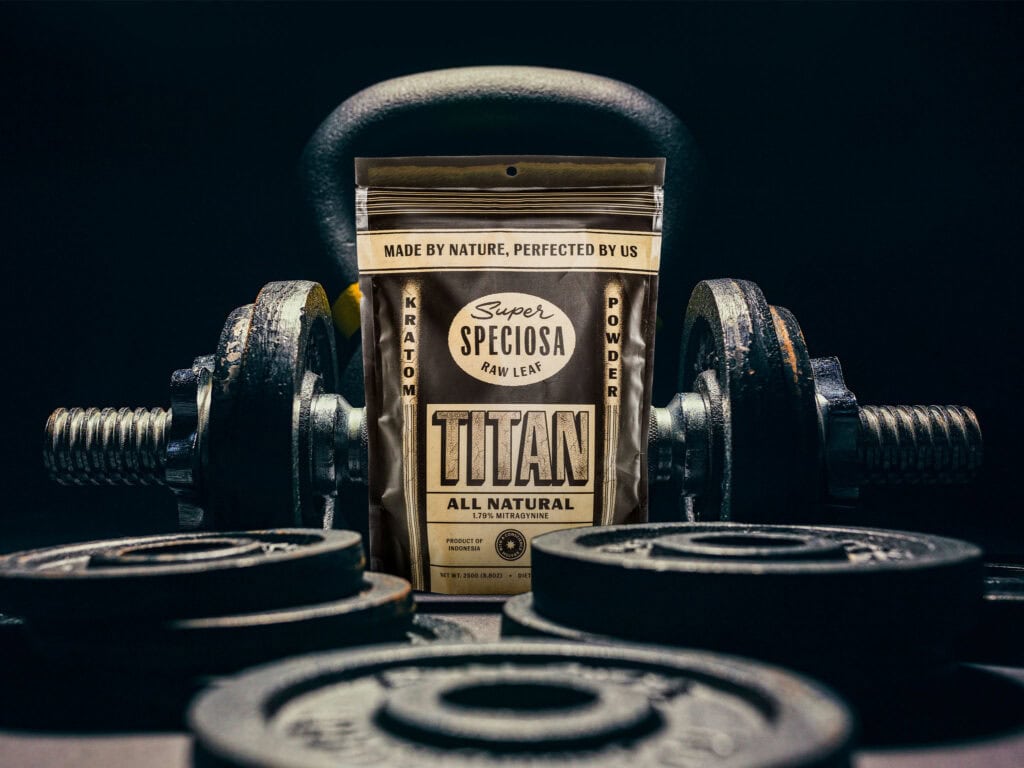
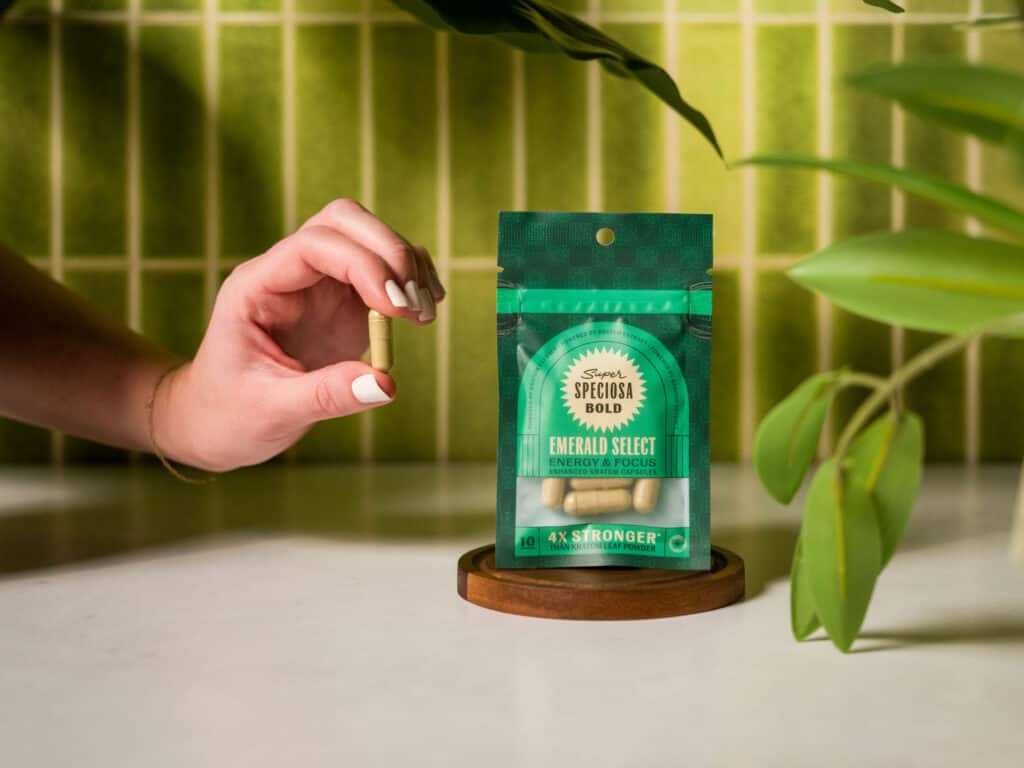
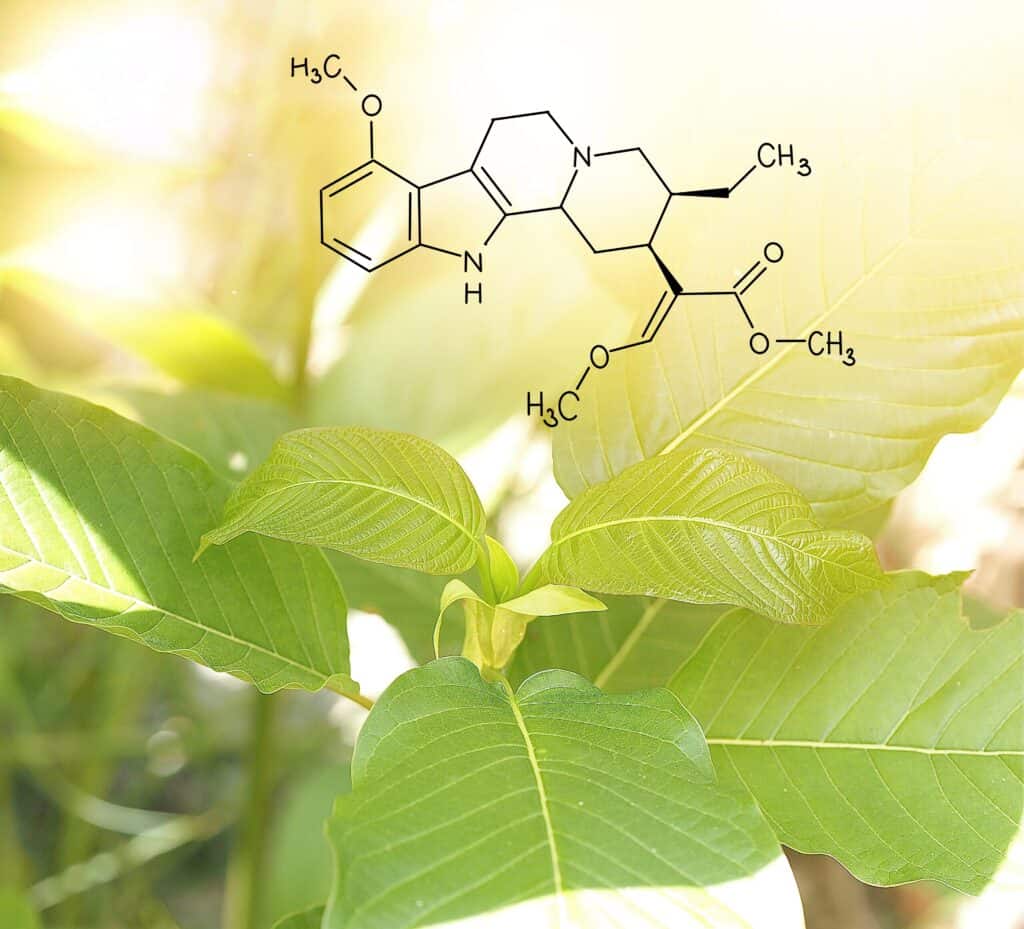
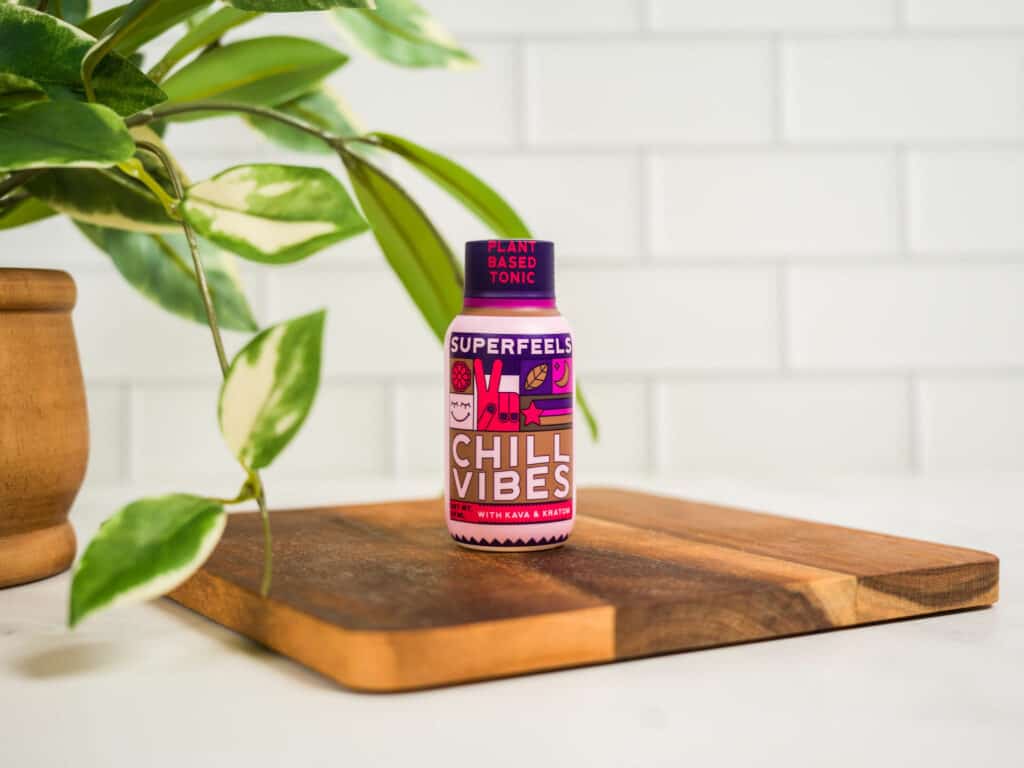
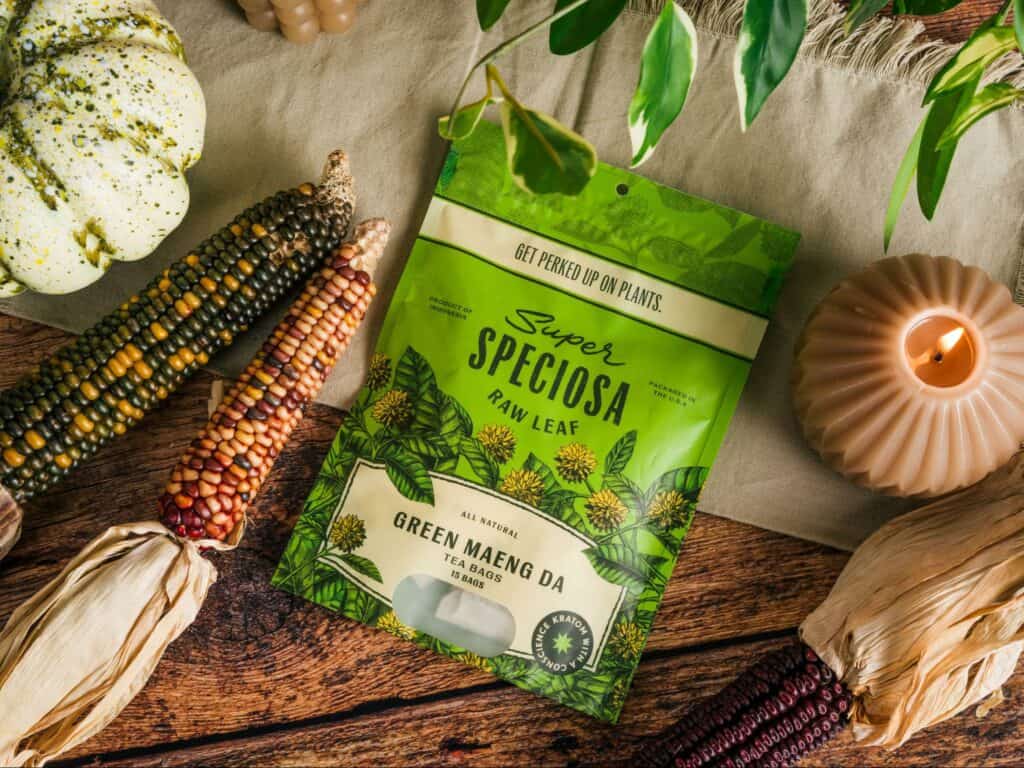
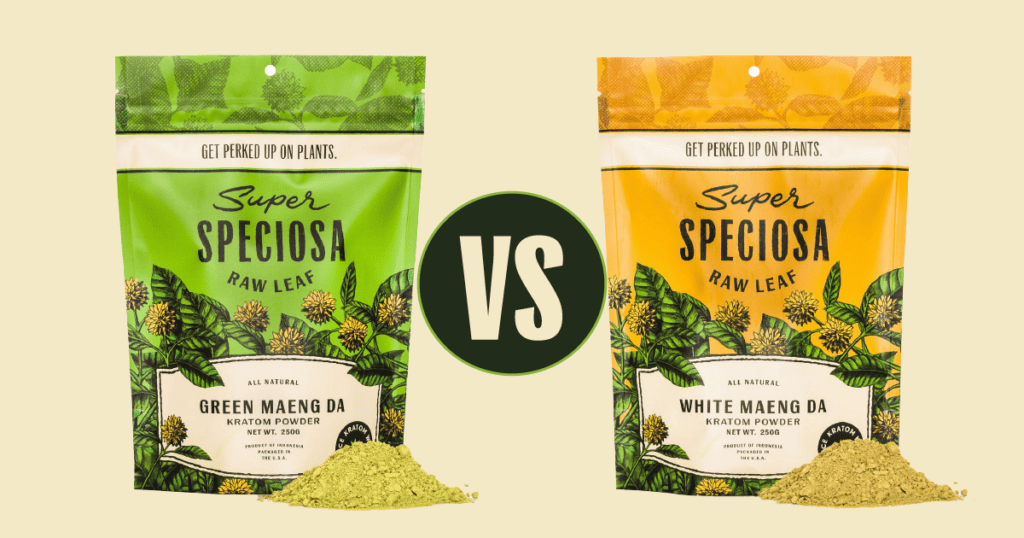
These statements and products presented on this website have not been evaluated by the Food and Drug Administration FDA. The products mentioned on this website are not intended to diagnose, prevent, treat or cure any diseases or health conditions. Therefore any information on this website is presented solely as the opinions of their respective authors who in which do not claim in any way shape or form to be medical professionals providing medical advice. SuperSpeciosa.com and its owners or employees cannot be held responsible for, and will not be liable for the inaccuracy or application of any information whatsoever herein provided. By purchasing our products you agree that you are aware and in compliance with your local county, state, or federal regulations. Must be 21 years or older to purchase Kratom. The US FDA has not approved kratom as a dietary supplement. We do not ship to the following states, cities and counties in the US where Kratom is banned: Alabama, Arkansas, Indiana, Rhode Island, Vermont, Wisconsin, Sarasota County, FL, Union County, MS, San Diego, CA, Jerseyville, IL, Oceanside, CA, and Ontario, OR. Furthermore, Kratom is also banned in the following countries where shipment cannot be executed: Australia, Burma, Denmark, Finland, Israel, Lithuania, Malaysia, Myanmar, Poland, Romania, South Korea, Sweden, Thailand, United Kingdom, Vietnam.
This product should be used only as directed on the label. It should not be used if you are pregnant or nursing. Consult with a physician before use if you have a serious medical condition or use prescription medications. A Doctor’s advice should be sought before using this and any supplemental dietary product. All trademarks and copyrights are property of their respective owners and are not affiliated with nor do they endorse this product. By using this site, you agree to follow the Privacy Policy and all Terms & Conditions printed on this site. Void where prohibited by law.
† These statements have not been evaluated by the FDA. This product is not intended to diagnose, treat, cure or prevent any disease.
Testimonials on this website are not intended as claims that our products can be used to diagnose, treat, cure, mitigate or prevent any disease. Read full disclaimer.


By submitting you agree to receive automated promotional messages. This agreement is not a condition of any purchase. See Terms and Privacy Policy. Frequency varies. Can opt out at any time.

There’s always something new happening. Enter your info below to get updates on huge deals, new products and special batch kratom releases.
By submitting you agree to receive automated promotional messages. This agreement is not a condition of any purchase. Message and data rates may apply. See Terms and Privacy Policy. Frequency varies. Can opt out at any time.